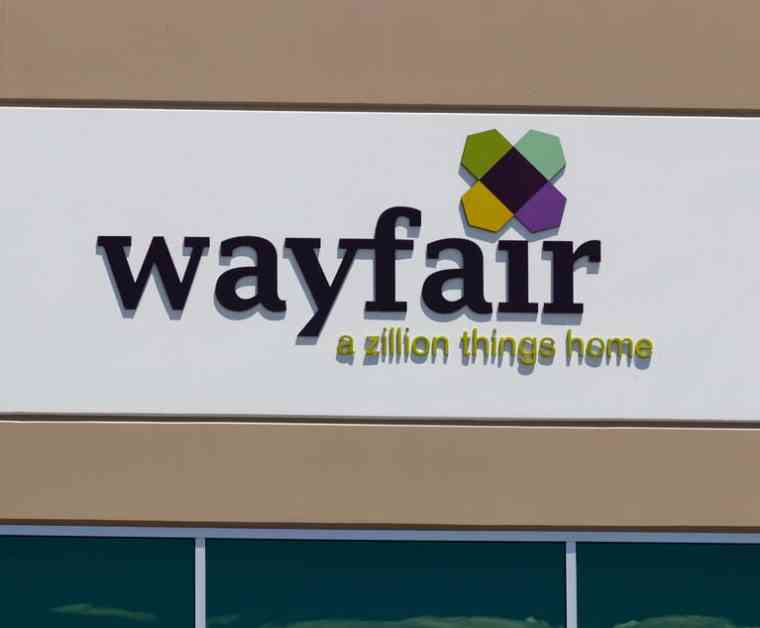Attorneys working for Wayfair, a major online home goods retailer based in Boston, have taken legal action against a construction management company called Loc Associates, also known as Generis Collective. The lawsuit, filed in a Massachusetts state court by Foley Hoag, alleges that Generis Collective failed to fulfill its obligation of paying subcontractors to complete work on Wayfair’s first physical retail store in Wilmette, Illinois. This failure led to Wayfair having to make “double payments” totaling $2.1 million in order to ensure the completion of the store on time.
According to Wayfair, the money that was supposed to go to subcontractors was not paid in a timely manner by Generis Collective as outlined in their services agreement. As a result, Wayfair had to step in and cover the expenses, resulting in significant financial losses for the company. The lawsuit brings forth a number of serious allegations against the construction manager, including theft of money, fraud, unfair and deceptive trade practices, and breach of contract.
The legal battle between Wayfair and Generis Collective shines a light on the challenges and risks associated with construction projects, especially when multiple parties are involved. In this case, the failure of the construction manager to fulfill its financial obligations had a direct impact on Wayfair’s bottom line and required the company to take legal action to seek restitution.
Construction projects, whether they involve building a new retail store or a residential property, require careful planning, coordination, and financial management to ensure successful completion. When one party fails to uphold their end of the agreement, it can lead to costly delays, disputes, and legal battles like the one we are seeing between Wayfair and Generis Collective.
As companies like Wayfair continue to expand their physical presence through brick-and-mortar stores, it is essential for them to work with reliable and trustworthy partners in the construction industry. The lawsuit serves as a reminder of the importance of due diligence, clear communication, and proper contractual agreements when undertaking large-scale projects.
Moving forward, it will be interesting to see how the legal proceedings unfold and whether Wayfair will be able to recover the funds it alleges were wrongfully withheld by Generis Collective. This case also serves as a cautionary tale for other companies engaging in construction projects, highlighting the potential risks and consequences of working with unscrupulous or unreliable partners in the industry.















